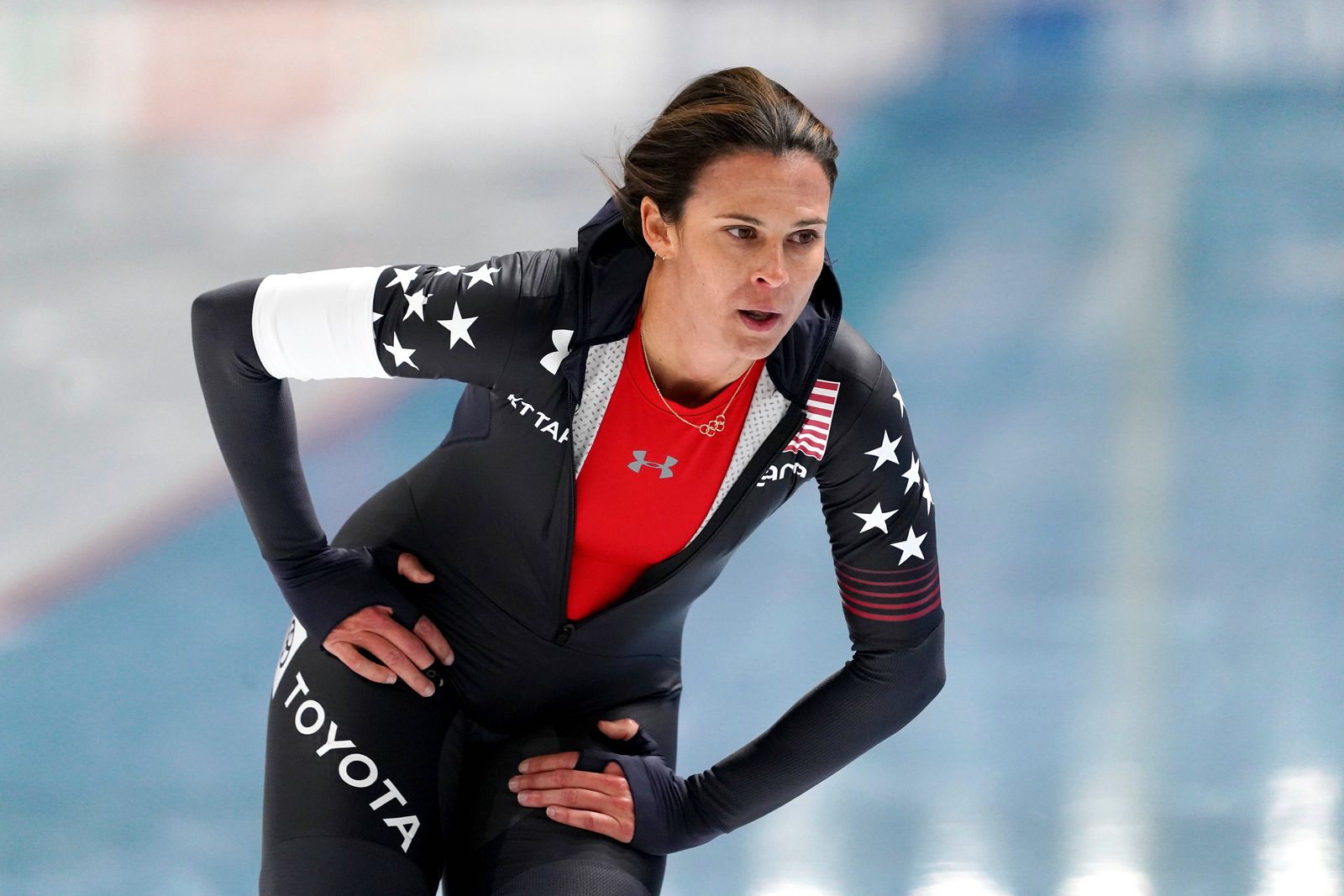Post-Concussion Syndrome is the persistence of concussion symptoms beyond the normal course of recovery. The majority of concussion patients make a full recovery within about two weeks, but in the cases of patients who experience symptoms two months after their concussion they are generally diagnosed with PCS. PCS can last for months or even years, but one study has found that patients who experience symptoms beyond three years never recover.
Approximately 30% of the world’s population has experienced PCS and their symptoms fall into the following four categories: Cognitive, Sleep, Mood/Behavioral, and Physical. The exact symptoms of PCS range from dizziness, headaches, memory loss, nausea, anxiety, blurry vision and more. Many PCS patients experienced a concussion while playing sports, and as with many things in sports, women face a gender gap when it comes to concussions. Women athletes face a significantly great risk of traumatic brain injury and the substantial gender gap in medical research has led to women being underrepresented in medical studies.
In 2016, American Olympic speed skater Brittany Bowe suffered a concussion after a collision with her teammate during training. Bowe recalls the brain injury affecting her in more ways than the commonly thought of mild headaches, and rather she began passing out, developed anxiety, vertigo, persistent nausea and more. During her training after the concussion she became aware of her balance problems which caused her skating to suffer immensely. Bowe wrote that these symptoms became “a daunting part” of her everyday life, and she chose to take a break from sports and take time to heal at home in Florida. Simple daily activities including brisk ten-minute walks would shoot her heart rate up into the 140s and cause her to experience pre-syncope (fainting) episodes. This caused Bowe to develop severe anxiety and to wonder whether she would ever be able to return to her normal life let alone skate professionally. Bowe credits her two yearlong recovery process to the US Olympic Training Center in Colorado who put her on a vestibular rehabilitation program and safe, at home work outs she could practice. Beyond the physical treatment of her symptoms, her doctor acknowledged that her mental health was suffering and turned her to the power of visualization. Bowe began visualizing her life in the future, and printing off photographs of herself as the world champion and record holder. During the 2022 Winter Olympics in Beijing, 33-year-old Brittany Bowe won bronze in the women’s 1000 meter race. More information on Post Concussion syndrome can be found at the following website

